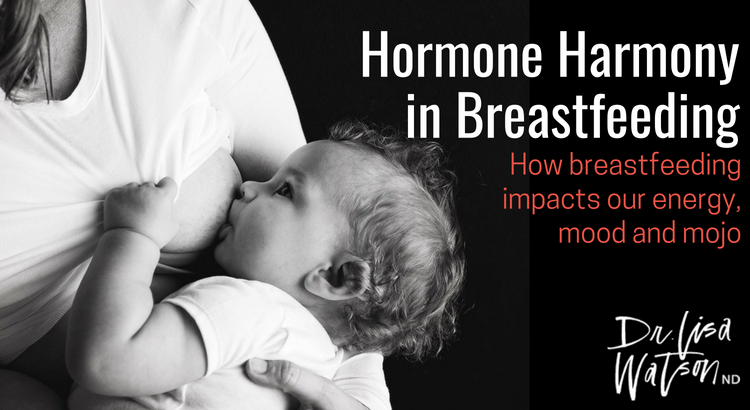
Going through my pregnancies with my two sons, and supporting hundreds of women in my practice through their pregnancies and beyond, I am always interested in the information that is given to pregnant women and what that says about what our society deems important.
Women going through pregnancy know a lot – they know what to eat, what to avoid, when their baby develops eyelashes (32 weeks) and what position to sleep in. They know how to track contractions, how often to breastfeed and the best positions for breastfeeding.
What women know very little about is what is happening in their own bodies. What the hormonal changes that occur during pregnancy, breastfeeding and the postnatal stage mean for their own energy, emotions and health.
This article is here to close that gap – to help women understand the hormonal changes that occur during breastfeeding and when that hormone balance is normal, and when to seek support when it is not.
Breastfeeding Hormones
Breastfeeding is associated with production of two specific hormones: prolactin and oxytocin. These two hormones allow for peak production of breastmilk as well as bonding with your new babe. Let’s look at each one in more detail.
Prolactin
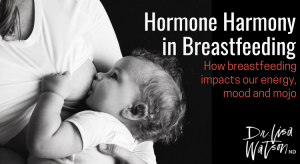 Prolactin, or “pro-lactation hormone” is produced during breastfeeding to increase breast milk supply. Levels rise for almost an hour after the baby begins to feed, encouraging the alveoli in the breasts to make milk.
Prolactin, or “pro-lactation hormone” is produced during breastfeeding to increase breast milk supply. Levels rise for almost an hour after the baby begins to feed, encouraging the alveoli in the breasts to make milk.
But that is not all prolactin does. In fact, not just breastfeeding parents produce it – all parents produce it. Prolactin is a calming and relaxing hormone that decreases progesterone and testosterone production in both parents. It can cause mothers to feel deep relaxation (and sometimes deep fatigue) during breastfeeding and for some time after.
Interestingly, prolactin is also released during sexual intimacy, counteracting the effects of dopamine (which is associated with sexual arousal) and resulting in a sensation of gratification and calm. With high circulating levels of prolactin during the breastfeeding stage, there is often less sex drive – your body feels like it’s already in the afterglow, and your libido is no where to be seen.
Oxytocin
Mostly commonly referred to as the “love hormone”, oxytocin is released to encourage let down during breastfeeding. Oxytocin increases bonding and is produced in both parents during cuddling and intimate contact – with both the baby and with each other. Oxytocin levels are highest during new relationships, such as with your brand new baby, and while baby is breastfeeding.
Most of the time we respond to oxytocin in positive ways – it feels good to be awash in these bonding hormones. But it isn’t this way for all women. Some women are very sensitive to such high levels of oxytocin and feel more anxious, irritable or overwhelmed while breastfeeding.
Women’s Hormones in Breastfeeding
It is no surprise that women’s hormones fluctuate a lot in the time after pregnancy – after all, those hormones that helped to sustain the pregnancy are now dropping off (quickly!) to pre-pregnancy levels. How a woman feels in the months, and years, after her baby is born has a lot to do with the balance of her hormones.
Estrogen
 Estrogen levels can hit menopausal levels for the months after giving birth – and for some women they stay low throughout the time she is breastfeeding. Low estrogen levels can cause mood swings, irritability, hot flashes and night sweats as well as vaginal dryness, tenderness and discomfort during sexual intercourse. Low estrogen can also zap your desire for sexual intimacy (let alone how dry your lady garden is…) Using a water-based lubricant, and engaging in foreplay can help to overcome some of these low estrogen issues, but if the concern persists, talk to your ND about a low dose topical estriol cream.
Estrogen levels can hit menopausal levels for the months after giving birth – and for some women they stay low throughout the time she is breastfeeding. Low estrogen levels can cause mood swings, irritability, hot flashes and night sweats as well as vaginal dryness, tenderness and discomfort during sexual intercourse. Low estrogen can also zap your desire for sexual intimacy (let alone how dry your lady garden is…) Using a water-based lubricant, and engaging in foreplay can help to overcome some of these low estrogen issues, but if the concern persists, talk to your ND about a low dose topical estriol cream.
Low estrogen can also contribute to an increased incidence of yeast infections, especially in women who are prone to them. If this happens, talk to your Naturopathic Doctor about treatments that are safe during breastfeeding.
Progesterone
Progesterone – “pro-gestation hormone” is at sky-high levels during pregnancy and it can feel like a rollercoaster free fall when you return to pre-pregnancy baselines in the weeks after delivery. Prolactin production suppresses ovulation, especially during the first six months after delivery, and with no ovulation progesterone production is incredibly low.
Symptoms of low progesterone can include anxiety, depression, mood swings, low libido, and insomnia. Many clinicians believe that low progesterone is a contributing factor to the development of post-partum depression in some women. There are many available treatments for post-partum depression, if you are concerned that you may have PPD, talk to your Naturopathic Doctor right away.
Testosterone
Produced mainly by the ovaries, but also in the adrenal glands, testosterone levels are also low in breastfeeding women. Testosterone can contribute to sexual desire, as well as sexual response. Low levels can impact mood, focus and libido.
Beyond Hormones
The months after giving birth are a challenging time for everyone. My take home message here is that while lack of sleep, and an exhausting schedule are huge factors in the way women feel during the months and years of breastfeeding, there are also hormonal influences at play that need to be considered.
If you have been feeling off, feeling exhausted, or have mood swings or low moods don’t just attribute it to the busy-ness of having a baby – talk to someone about how you can support your hormones and restore your hormone harmony throughout breastfeeding.
Disclaimer
The advice provided in this article is for informational purposes only. It is meant to augment and not replace consultation with a licensed health care provider. Consultation with a Naturopathic Doctor or other primary care provider is recommended for anyone suffering from a health problem.



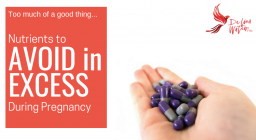
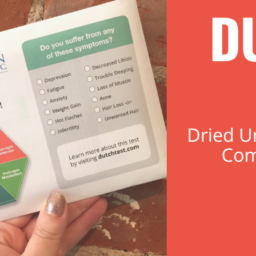

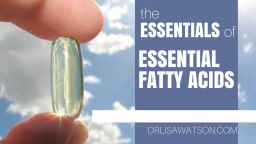
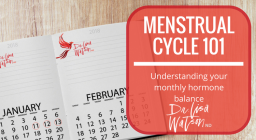
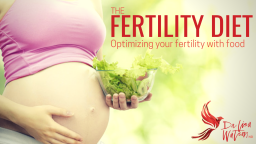

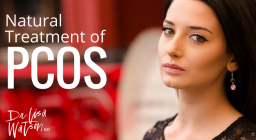
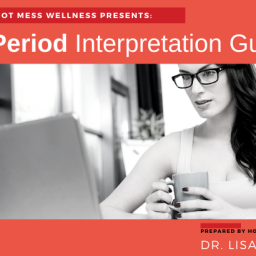
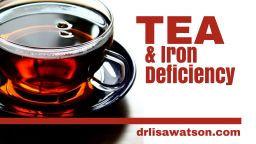




Thank you for sharing this article. Some may not understand how hard it is to become a mother. Great post! 👍
Thanks for reading it! I think focusing on moms is incredibly important for their sake, for the sake of their families, and our communities.
Thank you for this article! Women’s hormones during all stages of life need more light shone onto them. Appreciate you shining light on this specific topic, as it is the current hormonal chapter of my life.